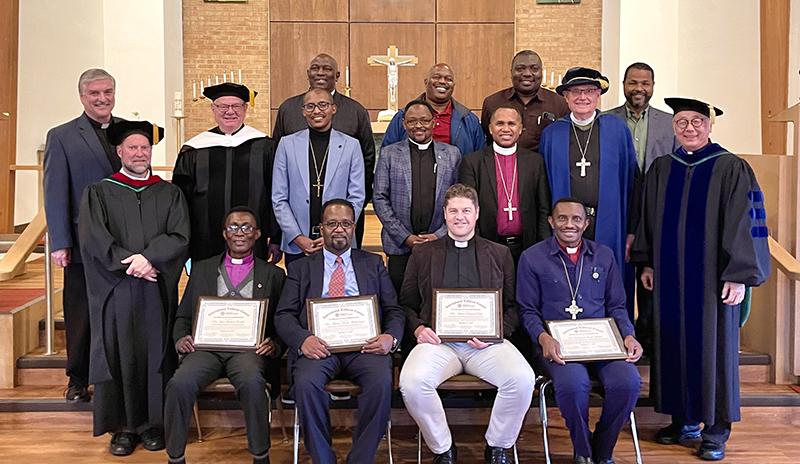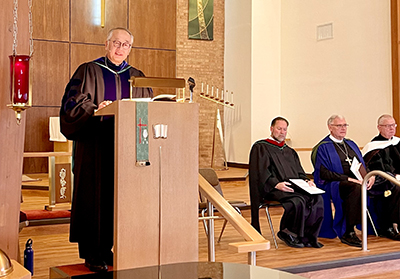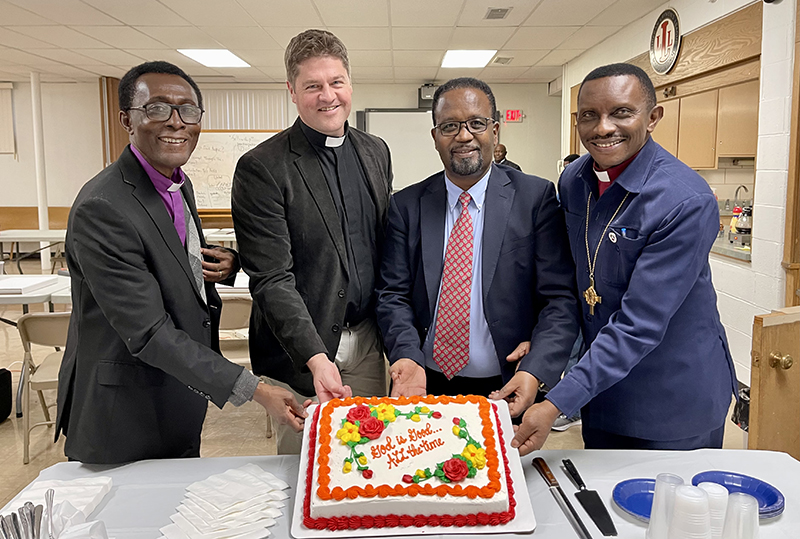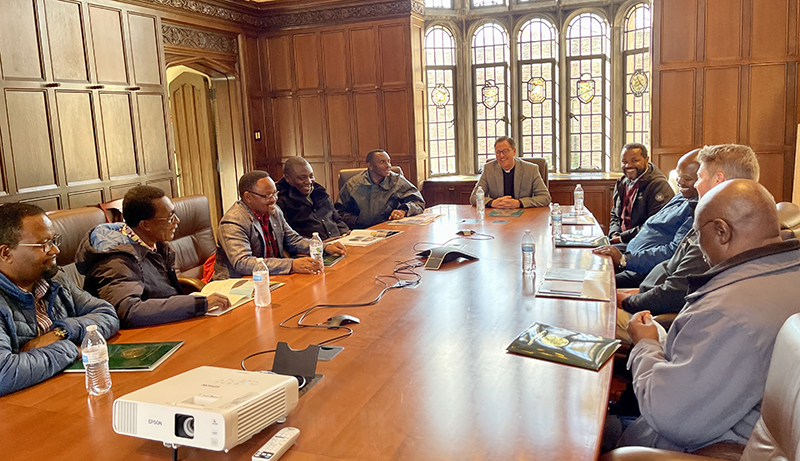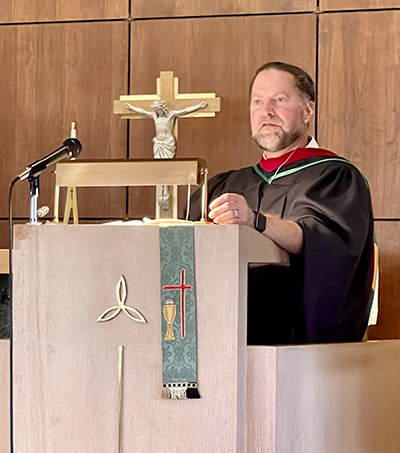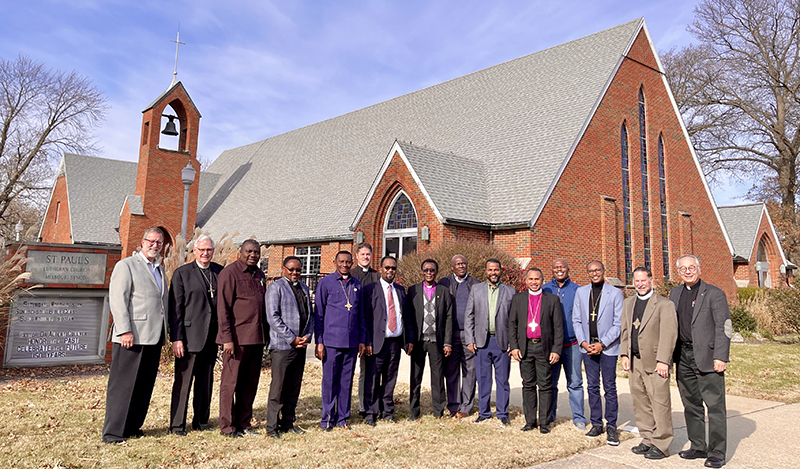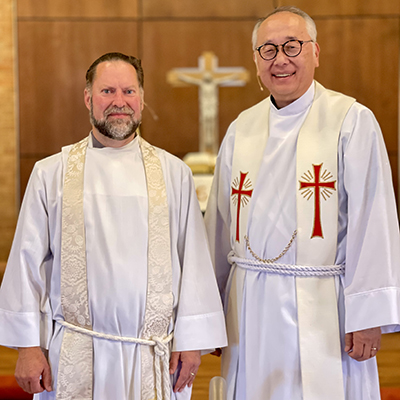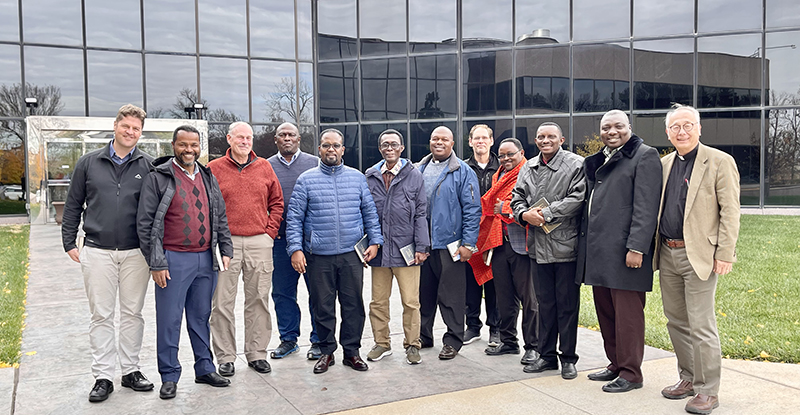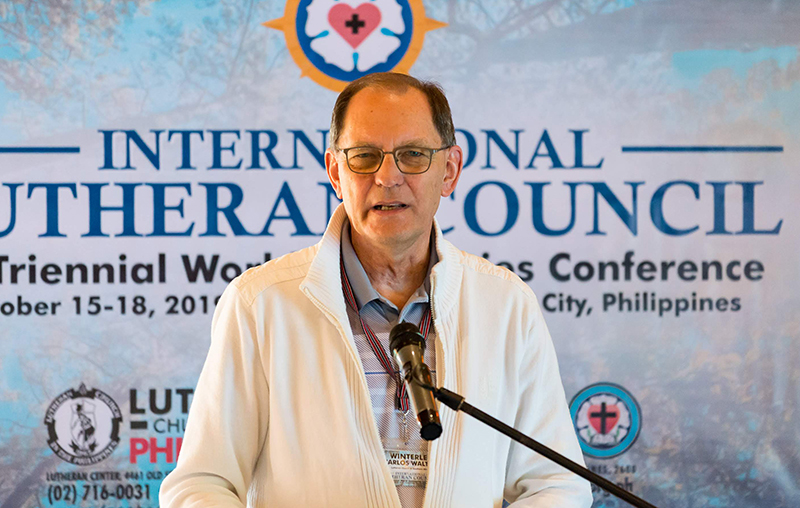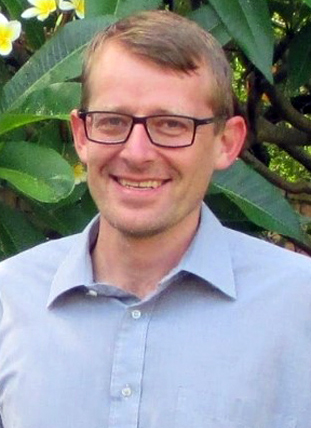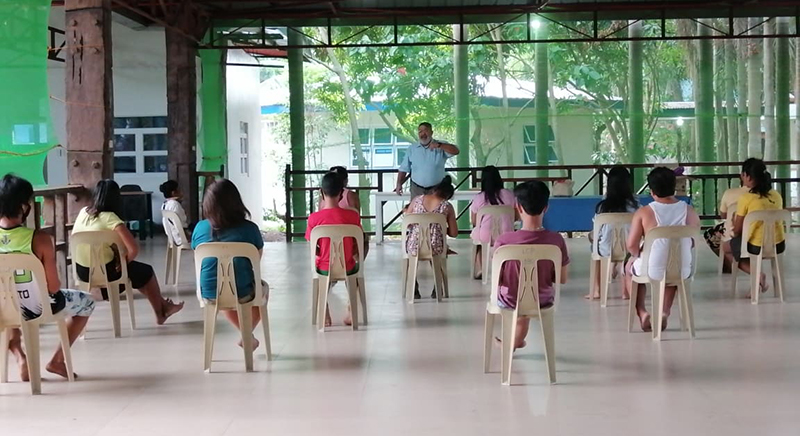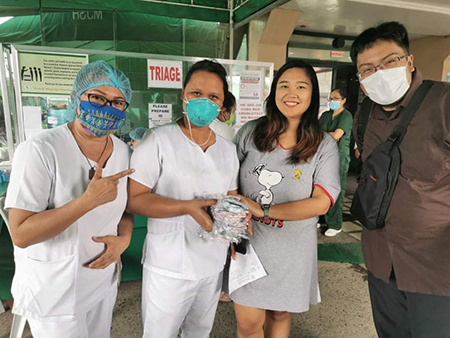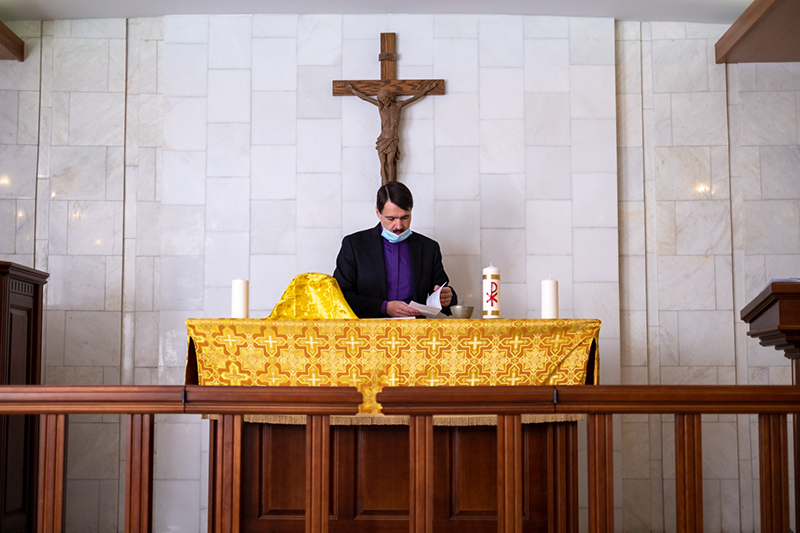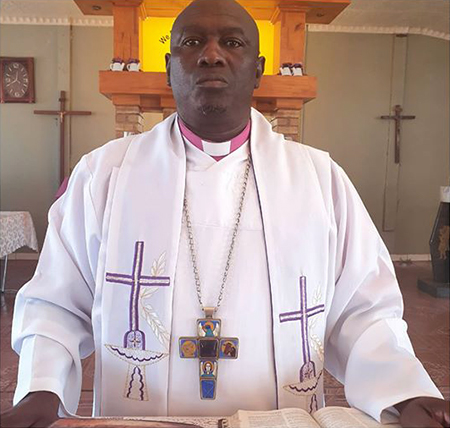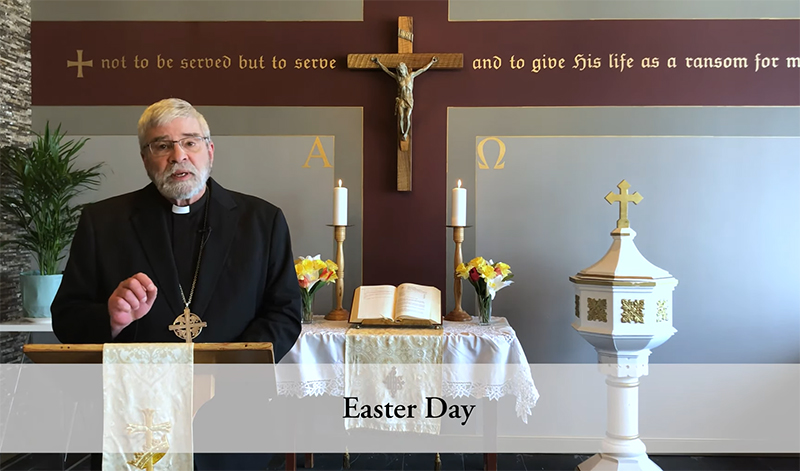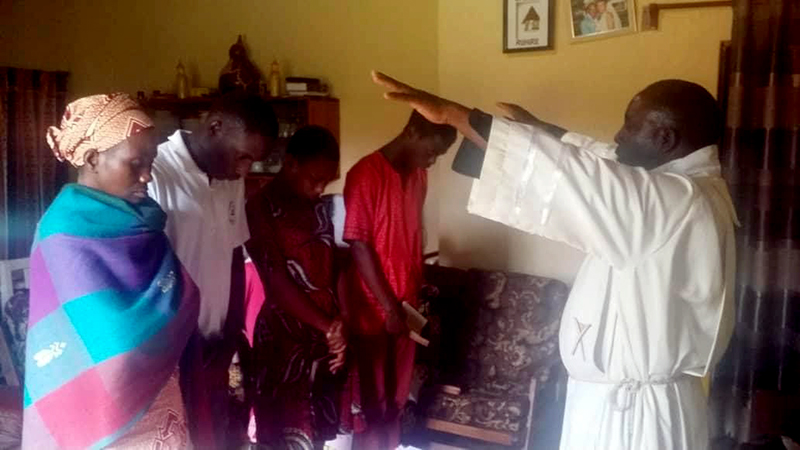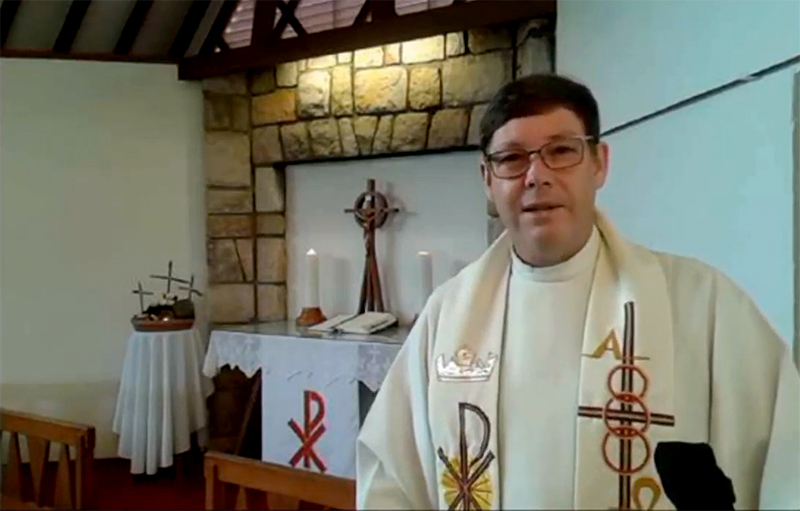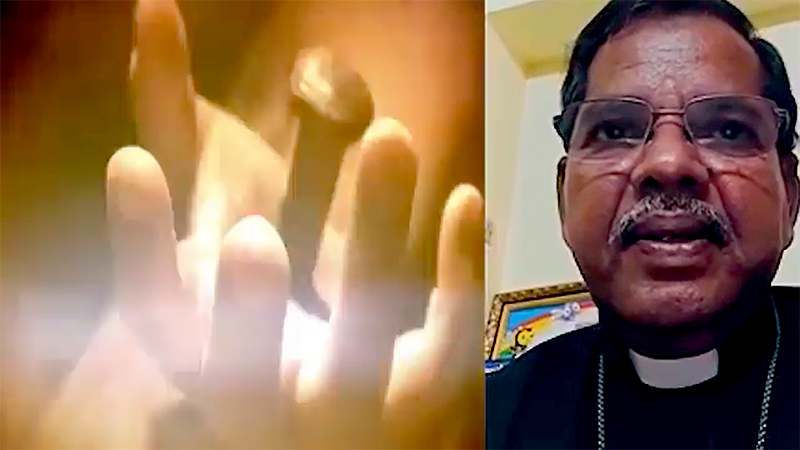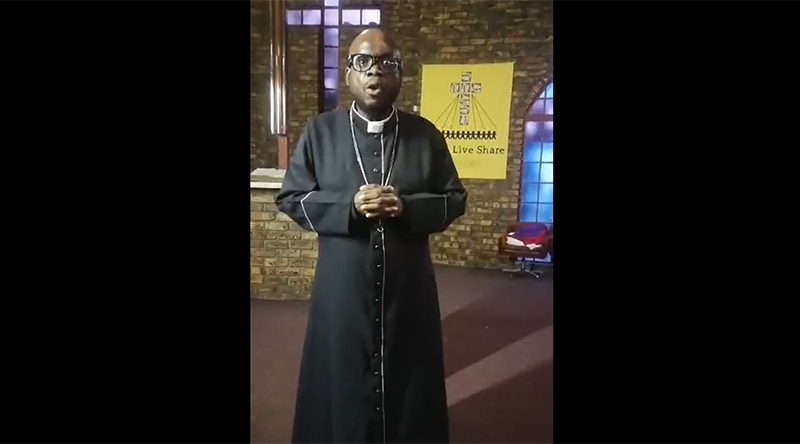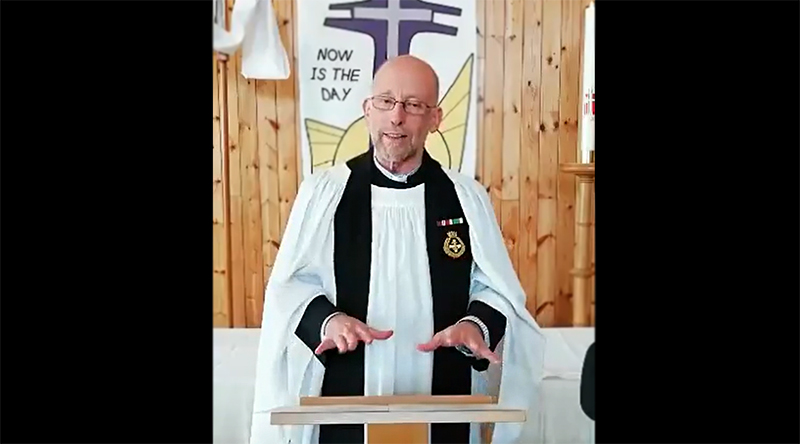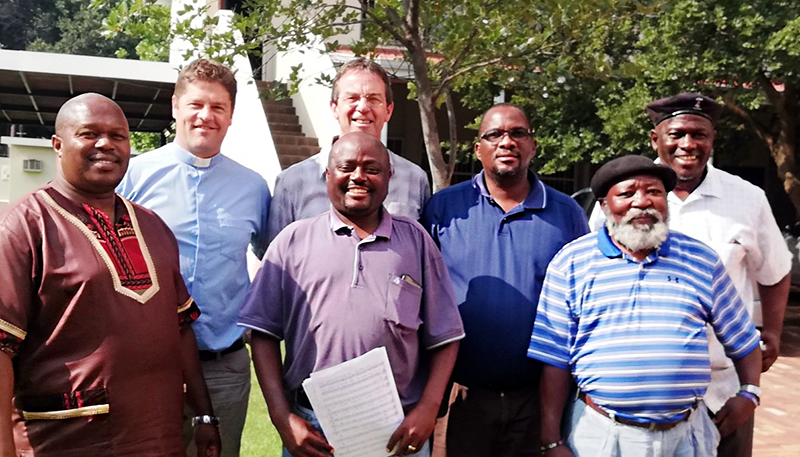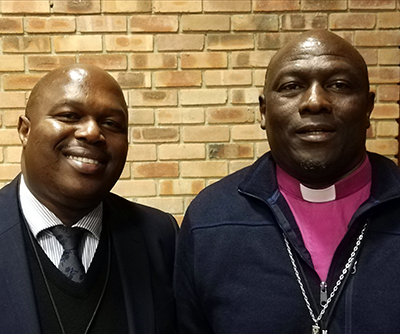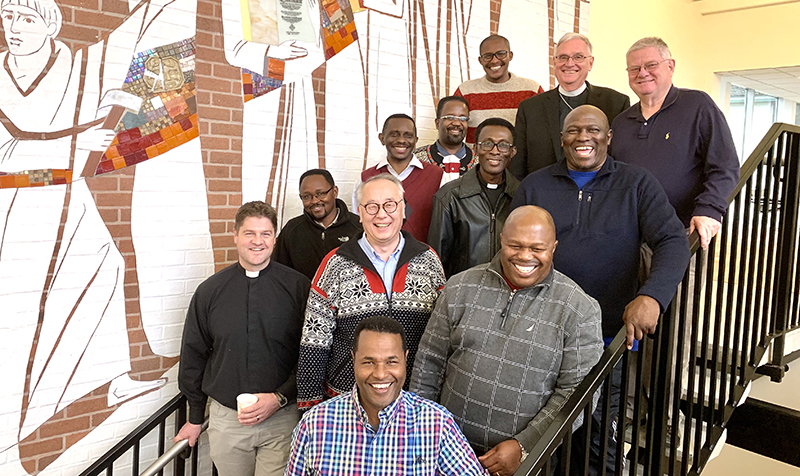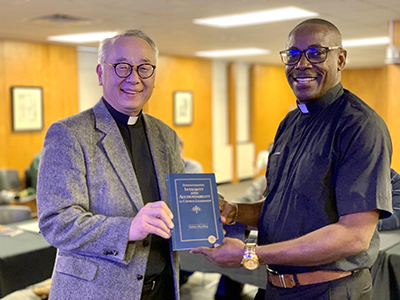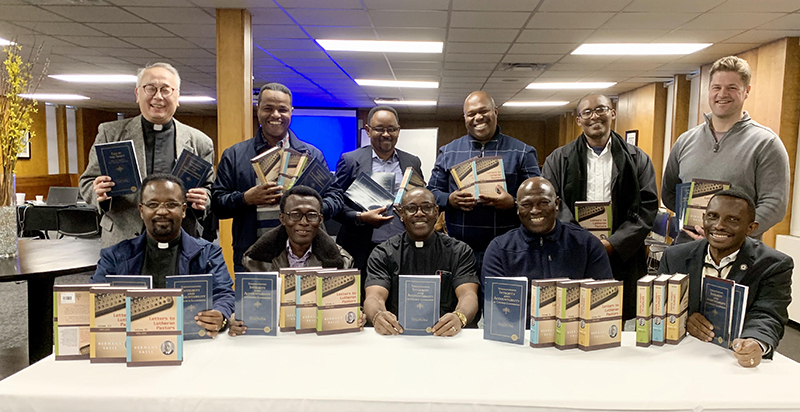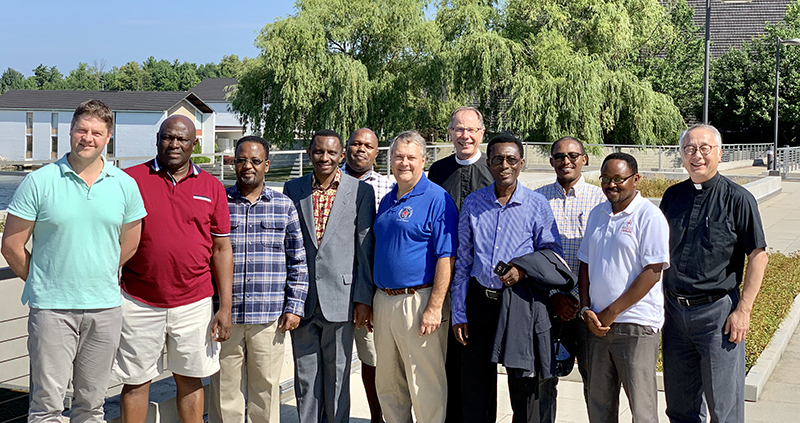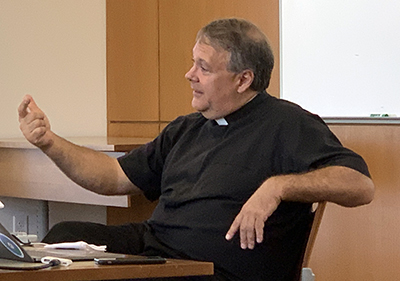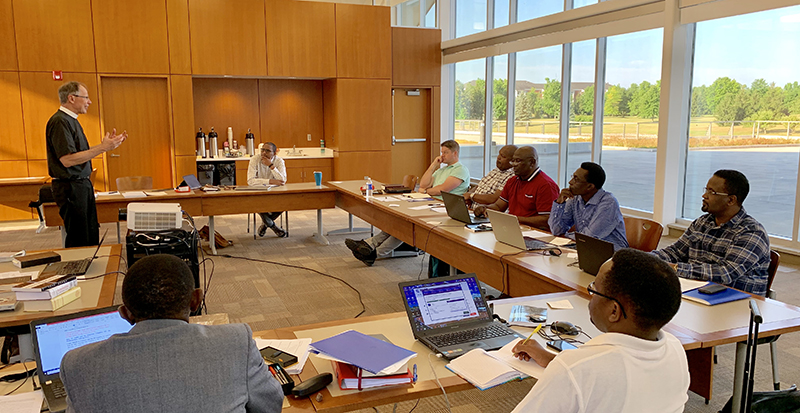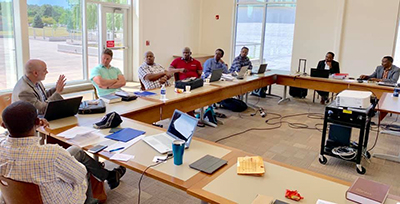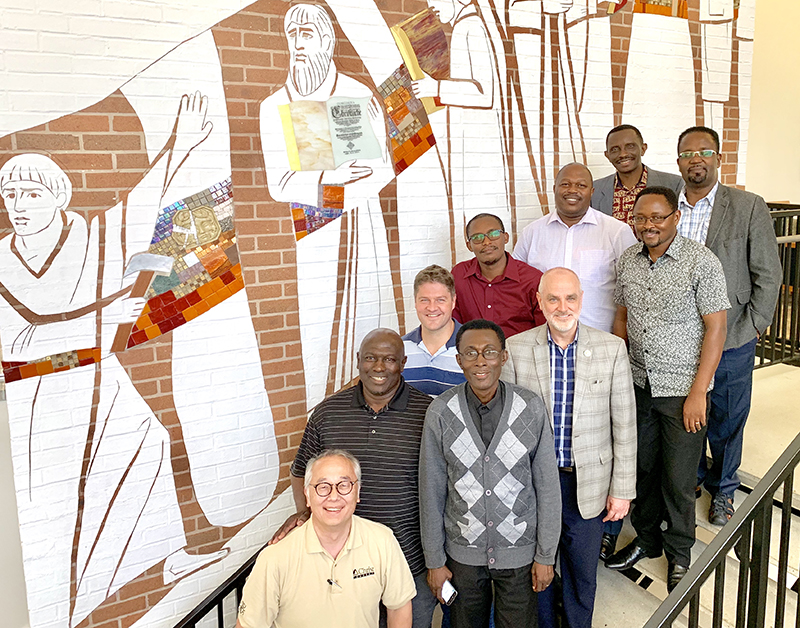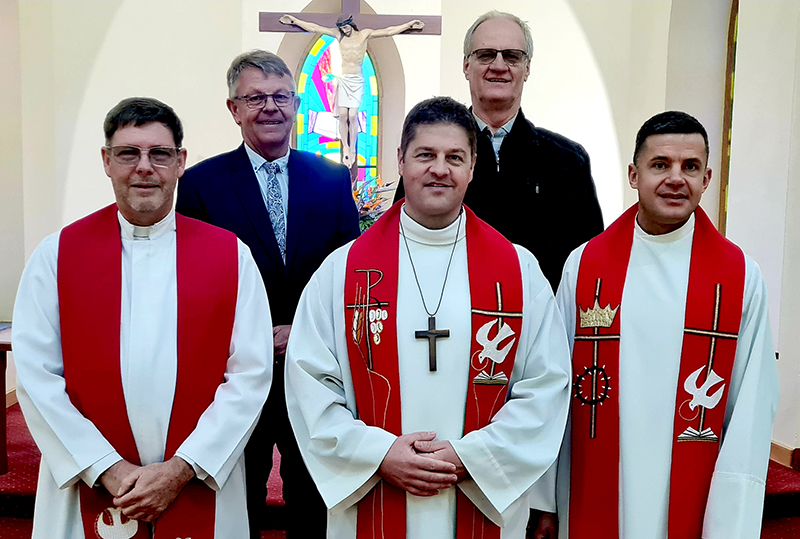
SOUTH AFRICA – The Free Evangelical Lutheran Synod in South Africa (FELSISA) held its synodical convention May 25-27, during which time the church elected a new bishop: Rev. Helmut Paul. The installation service took place on May 27 in Lüneburg, South Africa, with retiring Bishop Dieter Reinstorf officiating.
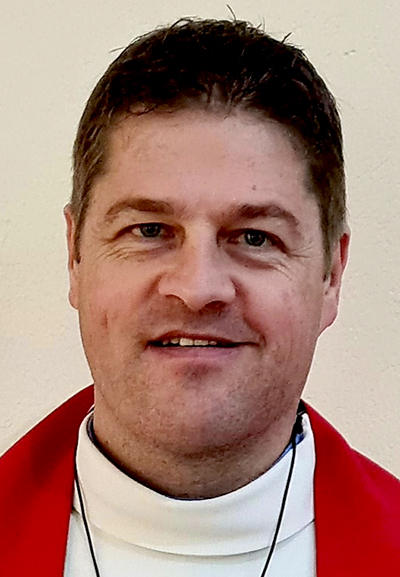
“I rejoice in the election of Rev. Helmut Paul as the new FELSISA bishop,” said Rev. Dr. Timothy Quill, General Secretary of the International Lutheran Council (ILC). “It has been a joy working with him in his capacity as Deputy Bishop and as a student in the ILC’s Lutheran Leadership Development Program (LLDP). I look forward to continuing the close relationship between the ILC and the FELSISA with him in the future.”
“Bishop Paul is a gifted theologian and pastor and exhibits a joyful and humble spirit,” Dr. Quill continued. “Though his participation in the LLDP he has developed a warm, collegial relationship with many of the leaders in the African Region of the ILC.”
Prior to his election, Bishop Paul served the FELSISA as Deputy Bishop. He was ordained on September 17, 2011 in Wittenberg, South Africa, by Bishop Reinstorf. He currently serves as pastor of St. Peter’s Evangelical Lutheran in Durban.
Bishop Paul studied ancient languages at the University of Pretoria. He then studied theology at the Lutherische Theologische Hochschule in Oberursel, Germany, during which time he also served as an exchange student at Concordia Seminary in St. Louis, Missouri. He was also among the first class of graduates from the ILC’s Lutheran Leadership Development Program in 2022.
Bishop Paul succeeds Rev. Dr. Dieter Reinstorf, who became bishop of the FELSISA in 2010. He reached the age of retirement on May 31, 2023. During his tenure, Bishop Reinstorf also served on the ILC’s Board of Directors as the World Region representative for Africa.
“It has been a pleasure working with Bishop Reinstorf the past four years since I became General Secretary of the ILC,” Dr. Quill noted. “His ecclesial wisdom and knowledge of the ILC and the African region has been a great help.”
The synodical convention also saw the election of other officers for the FELSISA’s Synodical Council, including Rev. Kurt Schnackenberg of Johannesburg as Deputy Bishop; Rev. Martin R. Paul (Pretoria); Lutz Böhmer (Newcastle); and Rupert Uhlmann (Wartburg).
———————
With notes from a FELSISA report

